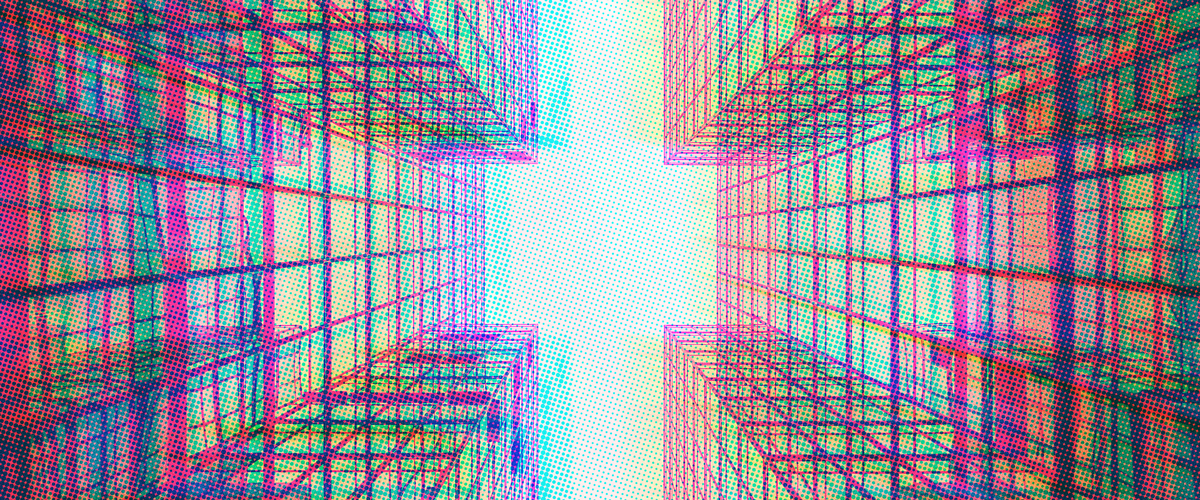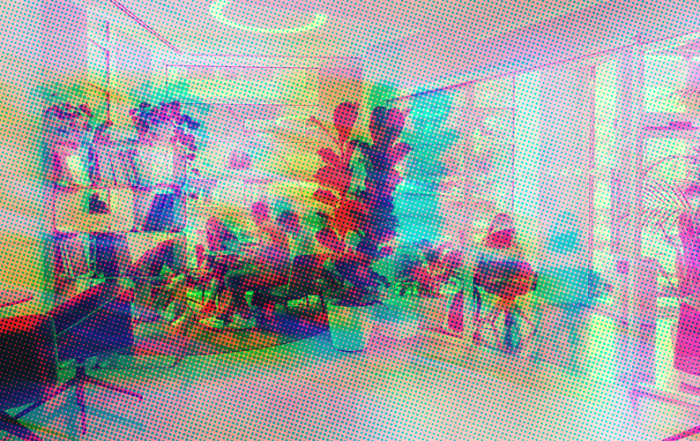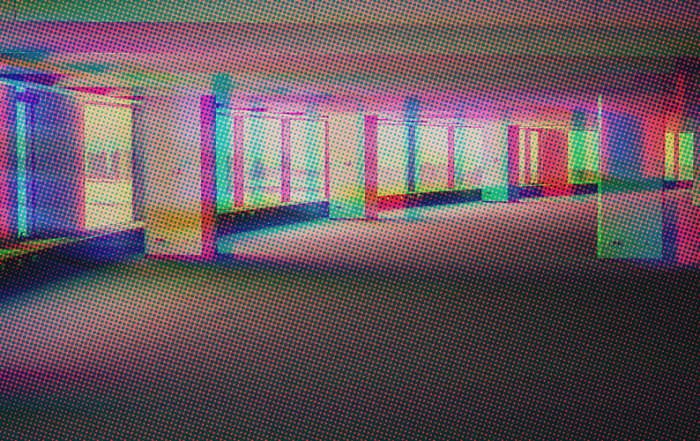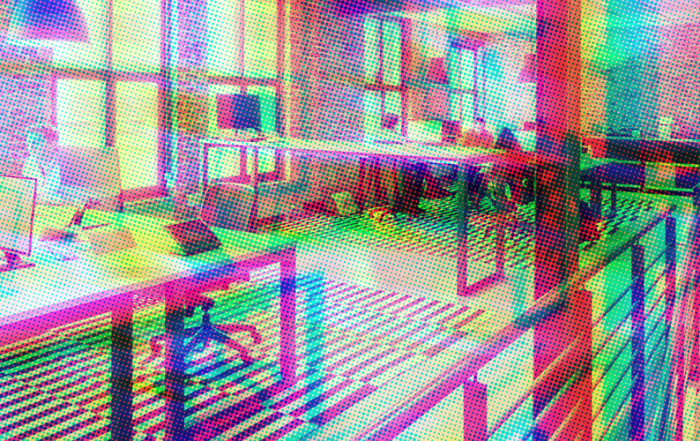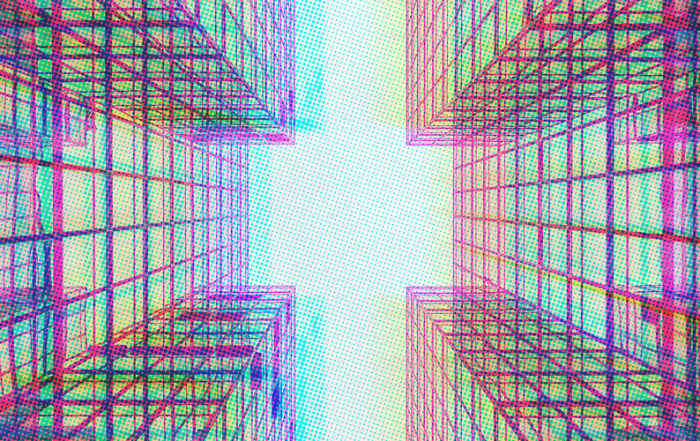Find here our latest insights on the future of workspaces, their transformations, their evolutions and the tools.
Digital twins in workspace management
The digital twin appears as a relevant solution to optimize the use of work spaces, it allows to follow in real time the exploitation of the building.
Workspace’s organisation in the face of financialization
With the financialization of business real estate, in the sense of the introduction of goods and services on the financial market, offices will be at the heart of tension concerning the attribution of their (economic) function.
Building a Design & Build market
The professional office Design & Build market does not constitute a professional sector with well-defined borders, it is a competitive space where different professional groups seek to appropriate the monopoly of certain activities or at least to be granted greater legitimacy in their exercise.
Remote working does not make offices obsolete
If companies want to develop remote working and new forms of spatial organization, they must be able to ensure good working conditions for their employees during their working time, whether on company premises or outside.
Augmented intelligence, future of management
What is Augmented Intelligence ? It's Artificial Intelligence at the service of decision-making. This article explains in a simple way how Augmented Intelligence makes it possible to go beyond the use of arbitrary rules in business in order to allow each actor to make optimal and concerted decisions.
Sensors in offices: clearly define the results to be achieved
The fashion is for the accumulation of data for everything, everywhere and all the time. This article, taken from "Why Allons-Nous au Bureau" (by Rémi Mangin and Michel Ciucci, Eyrolles editions), puts into perspective the use of sensors in relation to the use and benefits they can bring to the improvement and evolution of working environments.
The Ever Changing Workplace
Dynamic programming allows companies to put their workplaces in motion and to make them evolve over the course of reorganizations and the evolution of the needs and experience that we wish to offer to the teams. This article is an excerpt from "Why are we going to the office" by Rémi Mangin and Michel Ciucci, published by Eyrolles.
Find here our latest insights on the future of workspaces, their transformations, their evolutions and the tools.
Digital twins in workspace management
The digital twin appears as a relevant solution to optimize the use of work spaces, it allows to follow in real time the exploitation of the building.
Workspace’s organisation in the face of financialization
With the financialization of business real estate, in the sense of the introduction of goods and services on the financial market, offices will be at the heart of tension concerning the attribution of their (economic) function.
Building a Design & Build market
The professional office Design & Build market does not constitute a professional sector with well-defined borders, it is a competitive space where different professional groups seek to appropriate the monopoly of certain activities or at least to be granted greater legitimacy in their exercise.
Remote working does not make offices obsolete
If companies want to develop remote working and new forms of spatial organization, they must be able to ensure good working conditions for their employees during their working time, whether on company premises or outside.
Augmented intelligence, future of management
What is Augmented Intelligence ? It's Artificial Intelligence at the service of decision-making. This article explains in a simple way how Augmented Intelligence makes it possible to go beyond the use of arbitrary rules in business in order to allow each actor to make optimal and concerted decisions.
Sensors in offices: clearly define the results to be achieved
The fashion is for the accumulation of data for everything, everywhere and all the time. This article, taken from "Why Allons-Nous au Bureau" (by Rémi Mangin and Michel Ciucci, Eyrolles editions), puts into perspective the use of sensors in relation to the use and benefits they can bring to the improvement and evolution of working environments.
